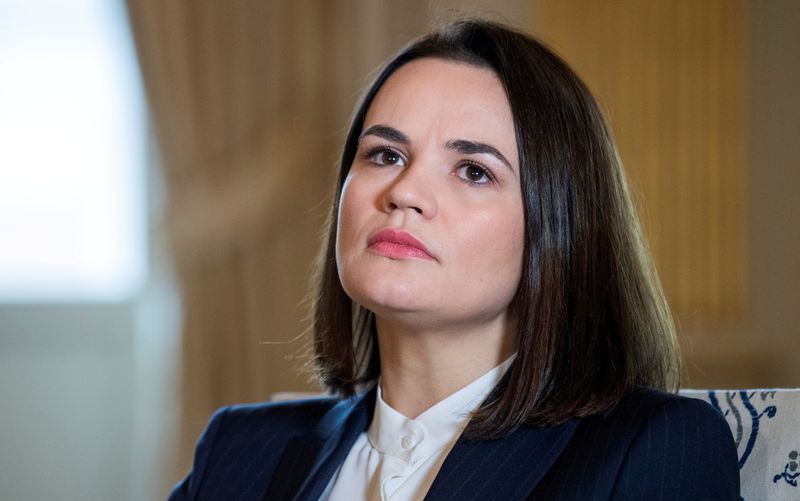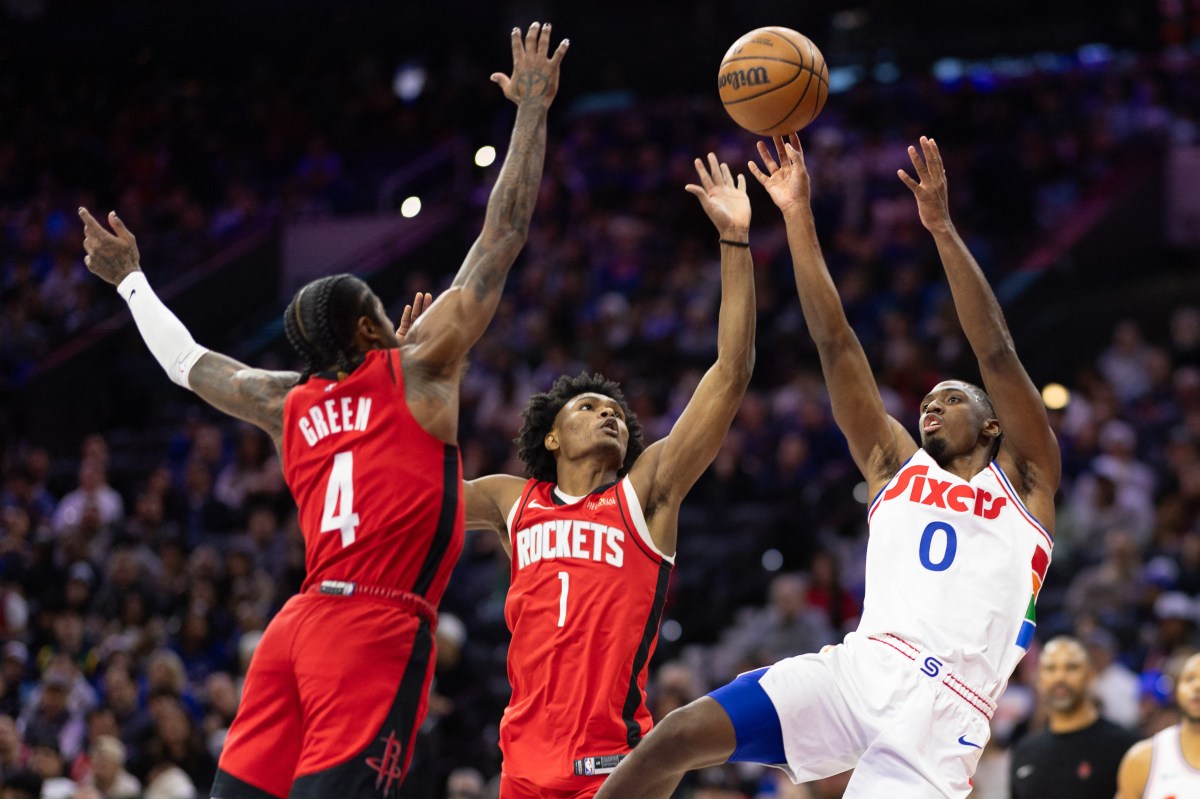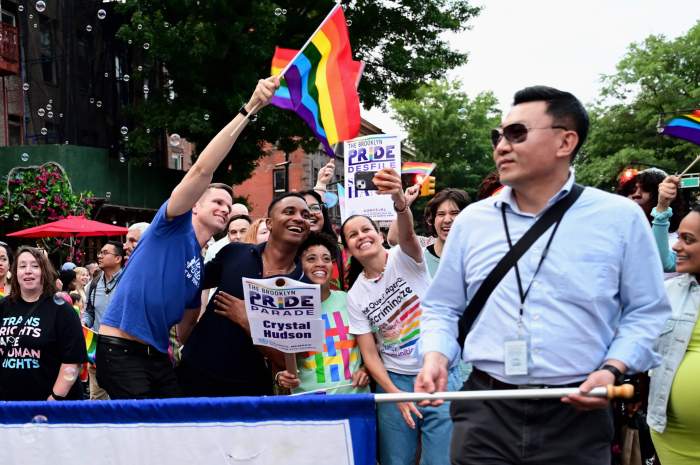VILNIUS (Reuters) – Belarus opposition leader Sviatlana Tsikhanouskaya called on European leaders to impose targeted economic sanctions on supporters of President Alexander Lukashenko after police stepped up violence against protesters.
Police in Minsk used tear gas, rubber bullets and stun grenades to disperse tens of thousands of demonstrators on Sunday, on the fourteenth straight weekend of protests since a disputed presidential election on Aug. 9 that Lukashenko says he won.
Germany and the European Union are looking into ways to increase pressure on the Belarusian leadership after the Sunday crackdown, and the death last week of a 31-year-old anti-government protester after what demonstrators said was a severe beating by security forces.
Tsikhanouskaya, who fled to Vilnius in Lithuania after the vote which she says she won, urged the European Union to move towards “targeted financial sanctions against people and individuals who are in the pockets of Lukashenko”.
“Only economical pressure will make this regime step away, because they will not have money to pay for riot police and their crimes,” she told Reuters in an interview on Tuesday during a visit to Stockholm.
Poland and Lithuania are pushing for further EU sanctions on Belarus, including companies and more individuals, Lithuanian president Gitanas Nauseda said on Tuesday after meeting Polish counterpart Andrzej Duda in Vilnius.
“This is because the current sanctions did not provide the result we hoped for,” Nauseda said.
Latvian Foreign Minister Edgars Rinkevics tweeted on Monday that his country would soon, together with Lithuania and Estonia, expand sanctions on Belarus officials “to include those who continue to violently suppress peaceful protests”.
Tsikhanouskaya described the people in Belarus as being “in desperation” in face of the crackdown. “Our protest movement is principally peaceful, and we don’t want to answer violence with violence.”
Russia had not answered opposition calls for dialogue, she said, adding that she understands Moscow is no longer an enthusiastic supporter of Lukashenko.
“They have not spoken about the situation in Belarus so much, they do not show great support to him, they are waiting to see what’s going on there”, she said.
(Reporting By Andrius Sytas, editing by Anna Ringstrom and Giles Elgood)





















